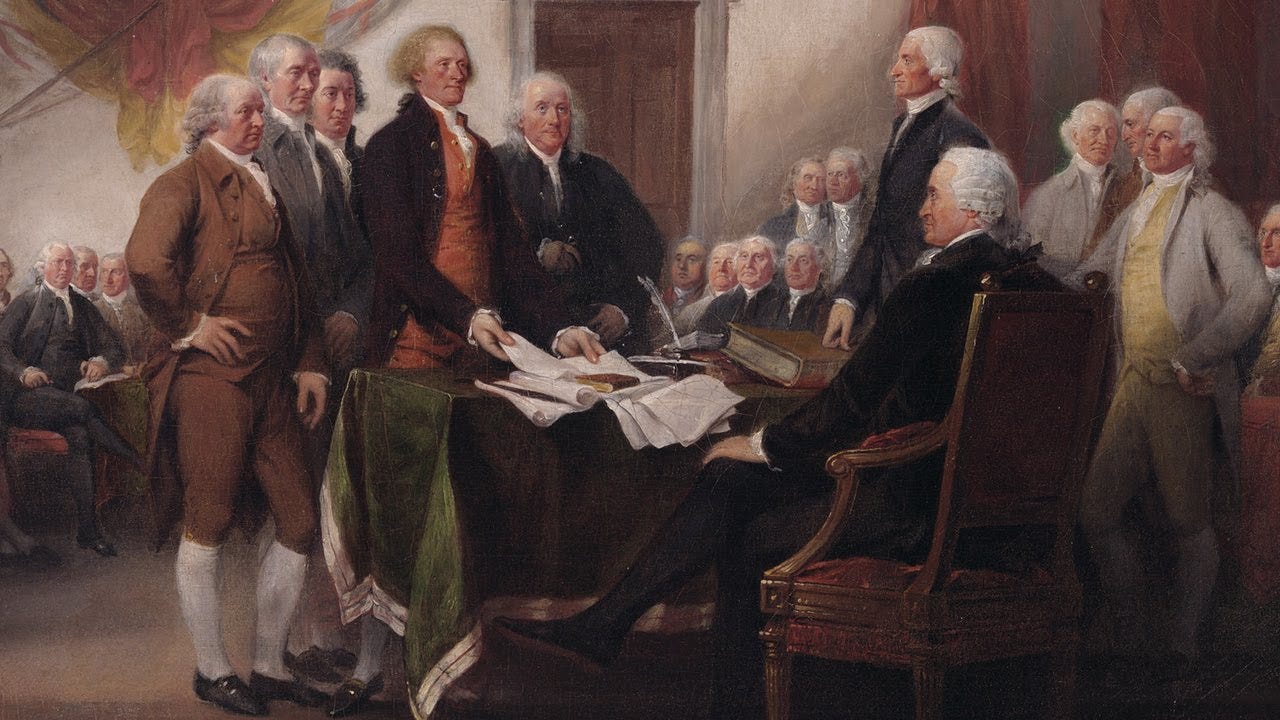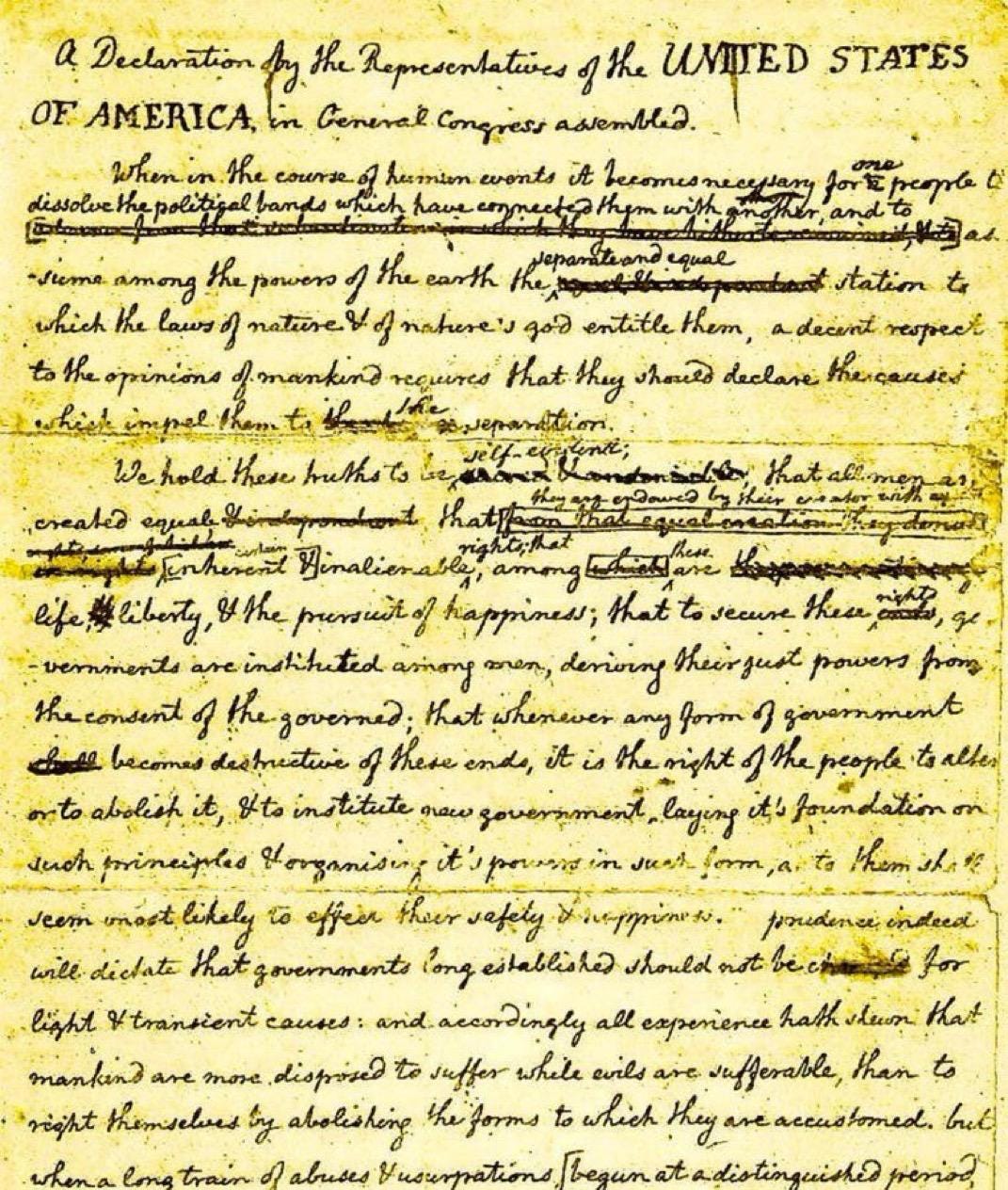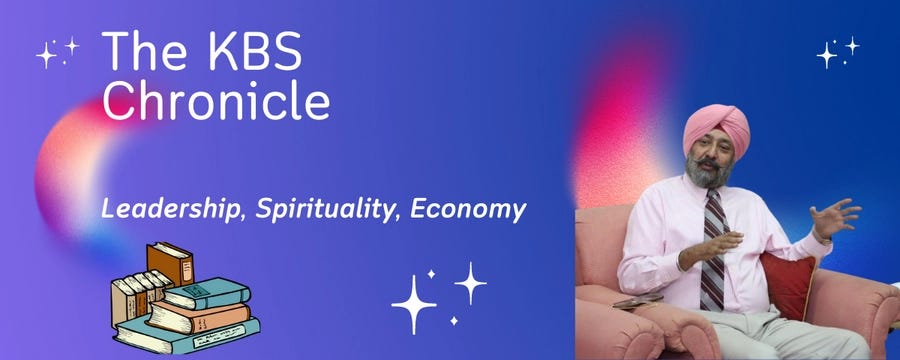Benjamin Franklin: More Than Just the Architect of American Independence
The Lasting Legacy of Benjamin Franklin
The celebrations of the Fourth of July in the USA have barely died down, yet our minds turn to the one man who shaped the events leading up to and following the Declaration of American Independence on 4th July, 1776: Benjamin Franklin. His pivotal role in securing American independence and negotiating with France and England during and after the Revolutionary War cannot be overstated. Here, we explore his key contributions—including scientific inventions— and delve into fascinating aspects of his early life and personality.
Role in the Declaration of Independence
Benjamin Franklin was elected to the Second Continental Congress in 1775 as a delegate from Pennsylvania. In June 1776, he was appointed to the Committee of Five tasked with drafting the Declaration of Independence, alongside Thomas Jefferson, John Adams, Robert Livingston, and Roger Sherman. While Jefferson penned most of the document, Franklin made "small but important changes" to the final text before it was signed on August 2, 17761. These changes contributed to the powerful and enduring language of the Declaration.
Diplomatic Negotiations with France and England
From 1776 to 1785, Franklin served as a diplomat to France. His popularity and diplomatic skill, bolstered by the American victory at Saratoga, convinced France to recognize American independence and form an alliance in 1778. Franklin played a crucial role in negotiating the Treaty of Alliance with France, securing vital military and financial support for the revolutionary cause.
In 1782, Franklin rejected informal British peace overtures that would have granted the colonies some autonomy within the British Empire. He insisted on full independence. As one of the American peace commissioners, Franklin negotiated the 1783 Treaty of Paris with Britain, which ended the war, secured American independence, and resolved issues such as boundaries, fishing rights, and war debts.
Alliances and Treaties Signed
Benjamin Franklin was the only Founding Father to sign all four key documents that established the United States:
The Declaration of Independence (1776)
The Treaty of Alliance with France (1778)
The Treaty of Paris with Britain (1783)
The U.S. Constitution (1787)
Early Life and Education
Born in Boston in 1706, Franklin was the 15th of 17 children. His father was a candlemaker, and Franklin attended school only briefly before being apprenticed to his brother James as a printer at age 12. As a teenager, he wrote for his brother's newspaper under the pseudonym "Silence Dogood" until a dispute led him to run away to Philadelphia at 17. Largely self-taught, Franklin loved reading and often borrowed books from friends, saving money to buy more. He became a vegetarian at 16 partly to save money for books.
Franklin's Groundbreaking Inventions: Focus on the Lightning Conductor
Benjamin Franklin was a prolific inventor who created many practical devices to solve everyday problems. Among his most notable inventions is the lightning rod, developed in the 1750s after proving lightning was a form of electricity. This invention, featuring a pointed metal rod attached to a building with a wire running to the ground, safely conducted lightning strikes away from structures, protecting them from fires and damage, saving countless lives and buildings.
In 1784, Franklin created bifocal glasses to address the need for separate glasses for near and far vision by combining lenses from two pairs of spectacles. In 1741, he improved home heating efficiency with the Franklin stove, which used airflow to heat a room more effectively with less smoke. His earliest invention at age 11 was swim fins, designed to help him swim faster. In 1761, he invented the glass armonica, a musical instrument with spinning glass bowls producing sound when touched by moistened fingers.
In summary, Franklin's most impactful invention was the lightning rod, which greatly reduced damage and loss of life from lightning strikes on buildings, showcasing his ability to apply scientific understanding to solve serious practical problems.
Esoteric Facts and Quirks
Apart from this scientific inventions, Franklin's eccentricities and intellectual curiosity are well-documented. He practiced "air bathing" for health, sitting naked in front of an open window. He created a drinking club called Junto, where members discussed issues informally over drinks, leading to many of his inventions and civic improvements. Franklin nearly electrocuted himself attempting to kill and cook a turkey with electricity. He was a skilled chess player and wrote an essay titled "The Morals of Chess." Franklin spoke five languages (English, French, Italian, Spanish, Latin) and advocated for teaching modern languages before ancient ones. In 1998, a large number of bodies were discovered in the basement of a former home of his, likely used for illegal studies of human anatomy.
A Legacy larger than Life
In summary, Benjamin Franklin's diplomatic skill, inventiveness, intellectual curiosity, and political savvy were instrumental in securing American independence and the international support needed to achieve it. As a true polymath and colorful character, Franklin's impact on the founding of the United States remains profound and enduring. His legacy continues to inspire and inform the principles of freedom and ingenuity that define the American Nation till this date.
If you believe this article would interest someone you know, please feel free to share it anonymously (for us), using any platform that you prefer.
Here are a few key dates related to the Declaration of Independence:
July 2, 1776
On this date, the Second Continental Congress voted to approve a resolution declaring the United States' independence from Great Britain.
This is the date that John Adams believed would be celebrated as Independence Day by future generations.
July 4, 1776
On July 4th, the Congress approved the final wording of the Declaration of Independence.
This is the date printed on the famous signed versions of the document.
July 4th is the date that has been celebrated as Independence Day in the United States since the early 1800s.
August 2, 1776
Most delegates actually signed the Declaration on August 2, 1776, nearly a month after its adoption.
Some signatures were added even later.
So in summary:
July 2nd was the day independence was declared by vote
July 4th was the day the Declaration's text was approved and the date most associated with the Declaration
August 2nd was when most delegates actually signed the document
While the vote on July 2nd and the signatures on August 2nd were key parts of the process, July 4, 1776 has been accepted as the official "birthday" of the United States, since it was the date the Declaration's text was approved. John Adams may have been right that July 2nd was the proper date to celebrate, but the July 4th date stuck instead in the public imagination and holiday calendar.





